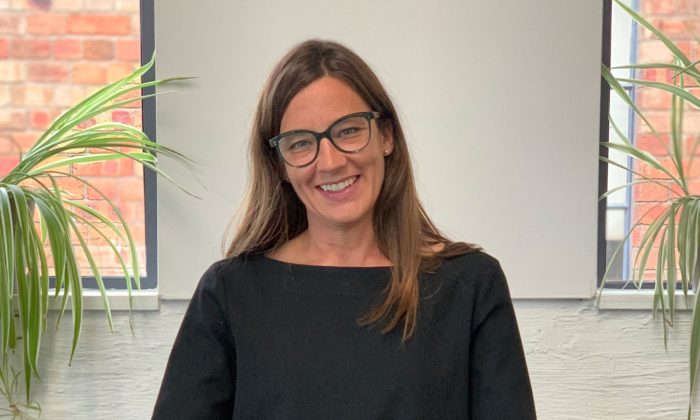Sustainability Reporting – 5 Ways to Avoid Greenwashing
When we first launched in 2007, one of the founding principles of our company – exhibition, event and exhibition designers Ignition – was our anti-build-and-burn stance. This set us apart from what was then a very wasteful and unsustainable industry. It also meant we got ahead of the game when being sustainable was seen as a lot less desirable than now – and when convincing clients to invest was still very much an uphill struggle! Now, it seems, there’s a new problem around. When everyone says they’re sustainable, how can you – or your clients – discern between companies genuinely looking to change the way business is done and those indulging in a spot of greenwashing?
One of the best ways to do this is through accredited sustainability reporting, whereby all standards and achievements are properly calculated and verified. If you do commit to this kind of reporting, then the best advice is to start small – and start now. Baby steps are always the best way to make progress, whether you’re a complete beginner or already on your way. The government site www.greenclaims.campaign.gov.uk will help prevent making any nonsense claims in the interim.

Any SME – whether a designer, architect, manufacturer or showroom – can do plenty to face the future authentically right now and start the process of being green from your roots upwards. Here’s our 5-point guide to ensuring effective sustainability reporting:
ONE – Sign up to the SME Climate Hub
Signing up to the United Nations SME Climate Hub pledge – www.smeclimatehub.org – is a brilliant place to start. It has straightforward ‘How It Works’ and ‘Library of Tools’ pages to guide you on the processes you’ll need to employ to support the UN’s Race to Zero drive, including Normative Accounting, which helps you assess the carbon emissions associated with the materials you use or specify.
TWO – Register with the Science-Based Targets Initiative (SBTI)
To make sure that your targets are both genuine and understood to be so, we’d also recommend signing up for the SBTi (Science Based Targets initiative). Understanding the main terminology of sustainability reporting is key here. You start by reporting on elements of your business under your direct control, before moving on to the more challenging aspects of carbon emissions you’re indirectly responsible for, whether via your supply chain or client end user applications. The move from direct to indirect accountability equates to Scopes 1-3 of the Greenhouse Gas Protocol. As an SME, you’re not obliged to sign up for Scope 3, but we’ve chosen to and are aiming for carbon neutrality by 2030, even though Stage 3 is hugely challenging and hard to achieve, with no definitive ‘how to’ guide currently available. There are already a few huge-scale specialist agencies around to guide you, but they’re still cost-prohibitive for most SMEs. We’re certainly hoping for more government guidance in this area!
THREE – Achieve Other Standards Along the Way
You might think it’s a recipe for confusion to achieve a number of different standards in this arena, but actually, the more you’re assessed, the more manageable the next stage becomes. We’d recommend applying for ISO standards if you don’t already have them, and also looking into becoming a B Corp. Both of these accreditations involve rigorous audits and are instantly – and internationally – recognised as steps in the right direction. They will not only help you avoid greenwashing but become a shorthand for the kind of companies also on this journey who you might want to work with – and who might want to work with you!
FOUR – Start Small
If this is an area you haven’t looked at before, then all steps might initially feel a step too far. Quick wins are therefore great for confidence. For example, you might want to make sure your pension funds aren’t invested in fossil fuel companies or that your office lighting has been programmed using power-save modes. We’ve recently registered our company credit cards with www.easyfundraising.co.uk to benefit our chosen homeless charity The Julian Trust too. At the bottom of the list in more ways than one, we’ve even swapped our loo paper for ‘Who Gives A Crap’ – the UK’s Most Sustainable Toilet Roll suppliers!
FIVE – Don’t Undermine Your Efforts by Association
Part of being sustainable is always thinking about the long-term and taking your time with what you choose to do, so be wary of claiming too quickly or associating with firms that aren’t all they seem. There have been several major articles recently about the fallibility of carbon offsetting via tree planting, for example. If you’re looking to offset unavoidable carbon, we’d recommend Ecologi.com. Their aim is to help you achieve a ‘Climate Positive Workforce’ by offsetting not only the travel undertaken as part of your job but your teams’ travel to and from work as well. Your money is used to invest in projects that not only impact positively on the planet, but on the people living in those key areas, whether that’s water security in Kenya or solar energy projects in Egypt. www.ignitiondg.com




